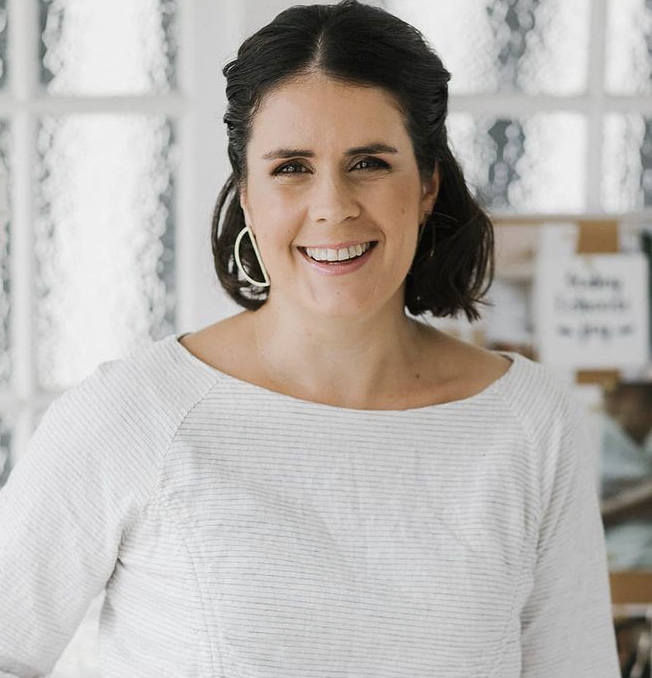
How to future proof a skills development strategy

As part of a series of unique panel discussions hosted at London’s 2022 Learning Technologies event, Amanda Nolon, Co-Founder of Niles-Nolen, Brian Murphy Senior Director, Employee Skilling Microsoft and Elisabetta Galli, Global Head of Learning & Development at Lightsource BP joined Ollie Browning VP of Sales EMEA Go1 to discuss future proofing learning strategies.
Following introductions from Ollie and each of his guests, the first panelist to speak up is Amanda Nolon. She points out how great it is to have a content aggregator hosting the discussion as for her,too often, people forget about content and what it actually represents, or the power it can yield. She talks of the pandemic, and how it accelerated trends that had already started to take shape in the world of L&D.
The need for upskilling has now more than ever before become crucial, but how can we take it to its full potential? Brian jumps in here to stress the need for hyper personalisation and for business to be able to cater to an effective virtual delivery. He mentions that since the pandemic, we spend on average 250% more time in meetings, with working days extending by 45 minutes at a minimum. Brian stresses the importance to look at the bigger picture when creating learning experiences, making sure that they don’t add to the already mountainous workload and busy working days of employees.
Elisabetta supports Brian in this thinking and claims that businesses, though making progress, still have many steps to take before they achieve the right balance for success in the long term which can only really start with a great workforce culture. The group looked at the top 5 drivers of great workforce culture, notably; opportunities to learn and grow (which used to rank 9th in 2019), belonging, organisational values, support for well-being and finally, collaboration.
Amanda is adamant that the right learning programmes need to be connected to wider business strategy, offering employee skills to thrive in their careers as well as reaching their personal goals. Real success is doing the best for the company and the best for yourself simultaneously.
Brian states that ‘more content is not the answer’ on this all the panelists agree and, after they turn to the audience to see how they might describe their upskilling strategy they give them a few tips on how to be most effective:
- Businesses need to be clearer with their objectives and put more effort into what individuals actually need
- Companies should make additional efforts to be transparent and clear in everything they do - even if it may not be the most positive information and messages - it's important to tackle hurdles, changes and challenges together
- Companies should self reflect and learn new skills on a constant basis
Following this, Ollie asks the panel a series of questions, looking for tangible answers from these experts, to give the audience actionable takeaways.
How can we best support our employees to make or have time for L&D?
Amanda jumps in on this one saying that it would be ideal if L&D could be part of individual and managers yearly KPIs. If we make sure that learning and upskilling is truly aligned with the business strategy and aligned with the individual's personal objectives, then time will be made and objectives will be met. Brian talks of the ‘fill the cup with less, make the cup bigger’ analogy - stating that we have lots of new tools and hyper developed tech which helps us ‘fill the cup with less’ but we also need to extend people’s understanding how how learning happens - eg; learning in the flow of work, network exposures etc, to ‘make the cup bigger’.
How can we make it easier for us to apply our learning?
‘People learn in different ways’, says Elisabetta, ‘some people prefer to listen to something while others might prefer to write it down in order to assimilate’. We need to have diverse offerings when it comes to learning so that people can choose the types of content they will engage with, but also when they will do it. Digital learning is a great way to give learners that freedom, however it is important to make sure the learners remain accountable.
What other drivers can we look at to reach more success?
The team expresses and demonstrates how talent mobility can also be a key success driver, keeping employees engaged and stimulated and retaining talent in business twice as long. The panel then looks at how success can be measured. Ollie confirms that consumption and usage can not be the only value of success but rather, where people might be using content and why. Brian explains that there is no one size fits all and that we need to pay careful attention to all learners and their needs, be it in one office, or across different markets as these needs will change from one team, and one country to the next.
Where to from here?
Finally, the discussion wraps up around the great resignation and its causes and potential future. All the group agrees that people no longer want to deal with toxic environments or long working hours and want to align to their companies purpose. Businesses need to reshuffle their own priorities and their principle so that individuals can find their home and until this is addressed, we’ll continue to see waves of exodus for a variety of companies across all sectors.
Throughout Learning Technologies 2022, we ran six panel sessions over two days with an amazing lineup of specialist guest speakers of L&D analysts, researchers, and practitioners. Keen to catch up on all the fun? We've put together a wrap up of the event, including session recordings.




